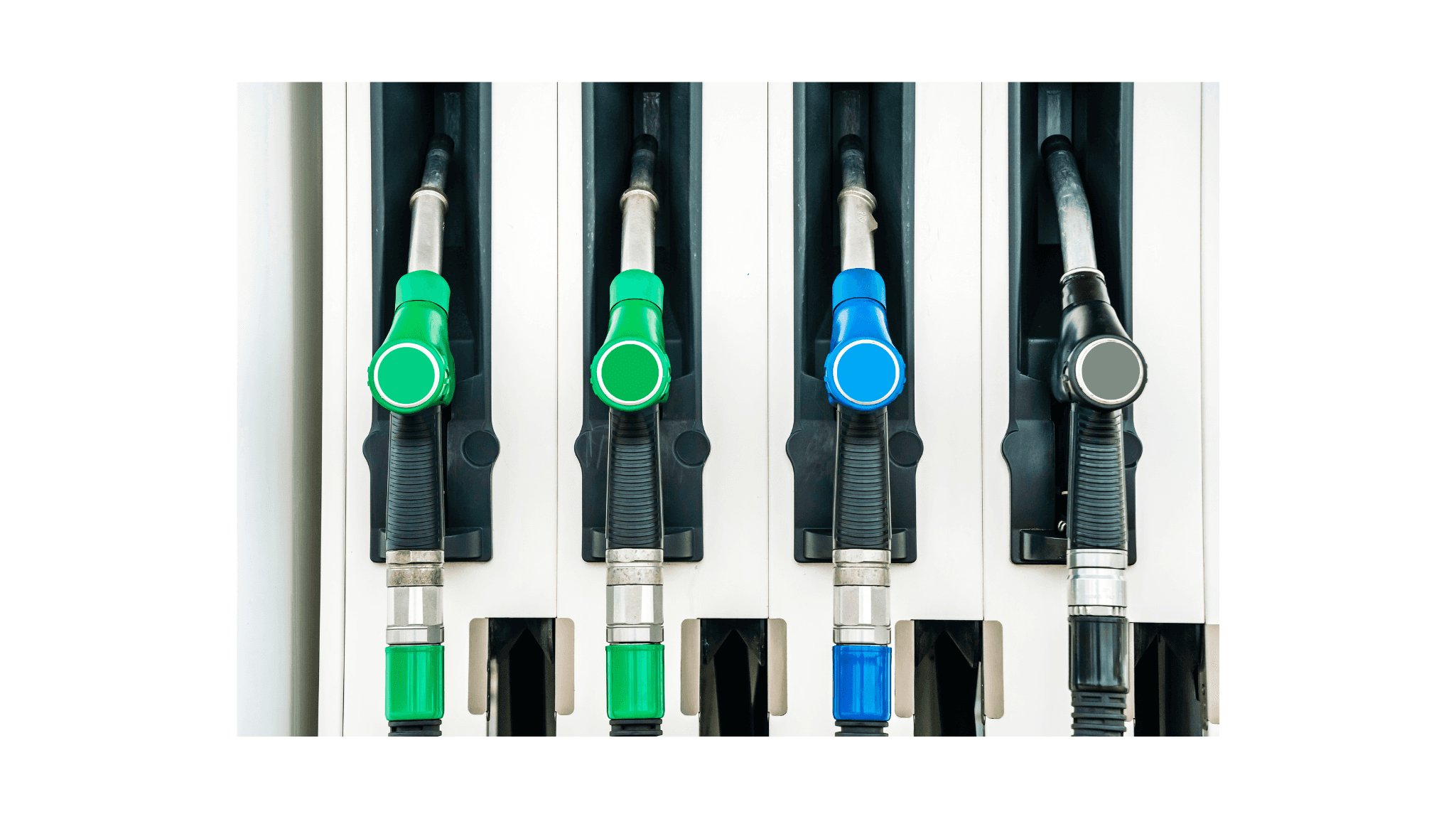Understanding eFuels: The Future of Sustainable Energy
As the world seeks to reduce carbon emissions and combat climate change, eFuels have emerged as a promising part of the solution.
What Are eFuels?
Short for electrofuels, eFuels are synthetic fuels produced by using renewable electricity to produce hydrogen (called “green hydrogen”) and synthesizing hydrocarbons (i.e., fuels we use in vehicles, heating systems, and power generation technologies) by combining hydrogen with carbon dioxide (CO 2 ) and/or other carbon based compounds. Not only does this provide an alternative to fossil fuels, but these synthetic alternatives are chemically equivalent to fossil-based fuels, meaning they are “drop in ready” for use in existing infrastructure.
Leveraging Existing Infrastructure
In addition to taking advantage of existing pipeline and other transport infrastructure, manufacturing carbon-neutral fuels means some industries and processes that are difficult to electrify (such as long-haul trucking, shipping, aviation, and industrial heating) can continue to rely on existing fuel delivery systems without contributing to climate change. By utilizing eFuels, these industries can significantly lower their carbon footprint while maintaining operational efficiency.
The History and Challenges of eFuels Technology
Although considered an “emerging” industry, the technology and processes used for manufacturing eFuels have been around for many decades, even, in the case of methanation and electrolysis, for over a century.
Driving the Future of eFuels
These processes have not seen the scale or level investment as their fossil-fuel based cousins, meaning they have some catching up to do. Nevertheless, government policy incentives, grants, and carbon pricing should help to drive investment and move these technologies up the technology development curve.

